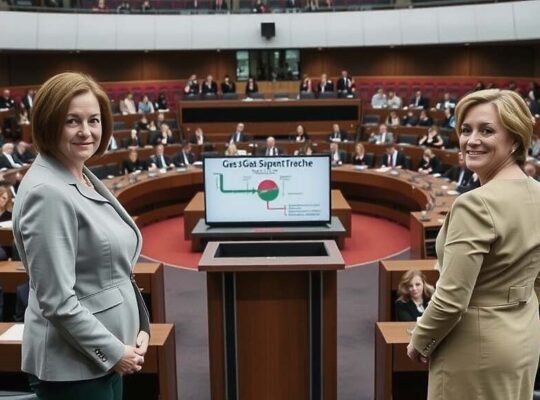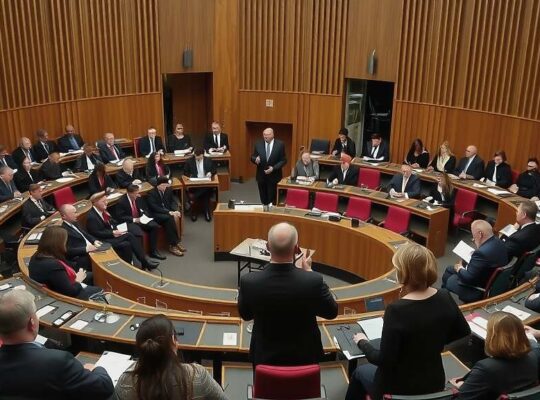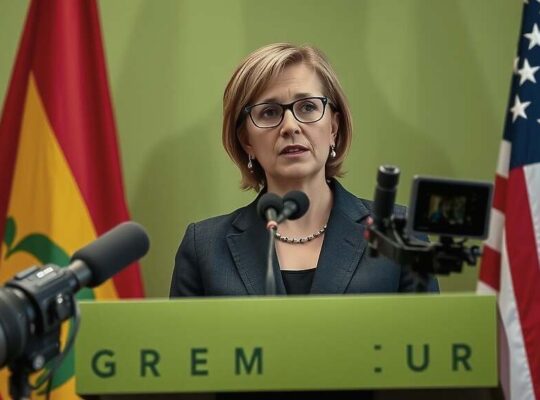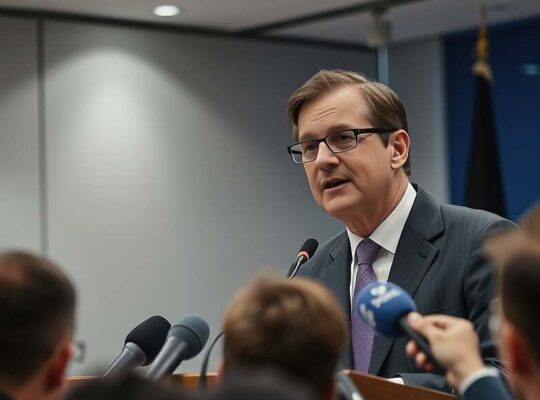The proposed legislation on conscription presented by Defence Minister Boris Pistorius has drawn criticism from within the conservative Union faction. Norbert Röttgen, the Union faction’s representative for foreign and security policy, voiced concerns in an interview with the Frankfurter Allgemeine Zeitung, arguing the proposals do not adequately reflect the current security threat assessment.
Röttgen highlighted the Minister’s own assessment that Russia could be capable of conducting a large-scale war in Europe within four to five years. He emphasized Germany’s commitment to the NATO alliance to increase active military personnel to 260,000 and reservists to 200,000 by 2035, a significant increase given the current standing force of 170,000 active soldiers. This represents a shortfall of 90,000 personnel.
He urged for the legislation to incorporate clear and measurable targets, attached to specific timelines, to address this deficit. Röttgen also advocated for a defined timeframe and process, stipulated within the law, which would trigger a shift from voluntary service to compulsory conscription, as previously agreed within the coalition contract, should targets remain unmet. He stressed the urgency of the situation, stating that Germany can no longer afford to delay in strengthening its defence capabilities.
Minister Pistorius recently presented his Wehrdienst model to the SPD faction, which initially prioritizes voluntary service. Under the plan, individuals born after December 31, 2007, both male and female, will be contacted by the armed forces and required to complete a questionnaire regarding their physical fitness. Further steps include the gradual assessment of all young men. The voluntary service is envisioned to last approximately six months. The option for compulsory conscription remains, though dependent on either insufficient voluntary participation over an extended period or a significant deterioration of the security situation. Changes to the legal framework are not anticipated to enable this point, though concrete stipulations on an automated transition to mandatory service are presently absent.
Previous resistance within the SPD had discouraged the inclusion of mandatory elements within the Wehrdienst model. Minister Pistorius anticipates the allure of voluntary participation will be sufficient to preclude the need for a compulsory system. The new Wehrdienst is slated for cabinet approval after the summer recess and subsequent review by the Bundestag, with the intended launch date of January 1, 2026.












